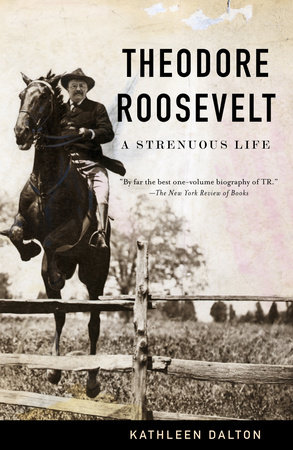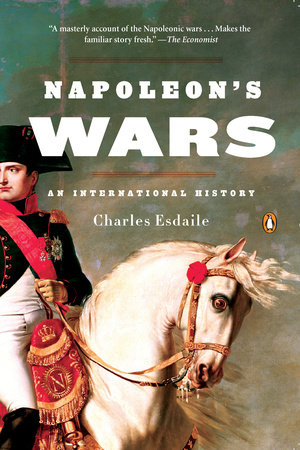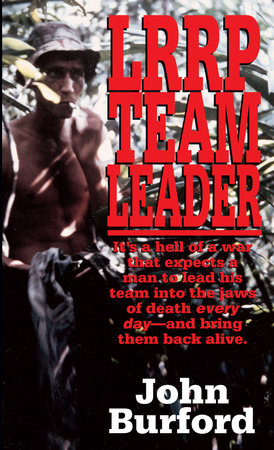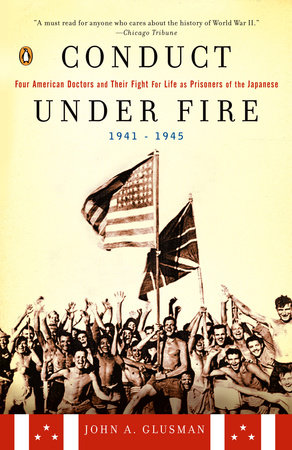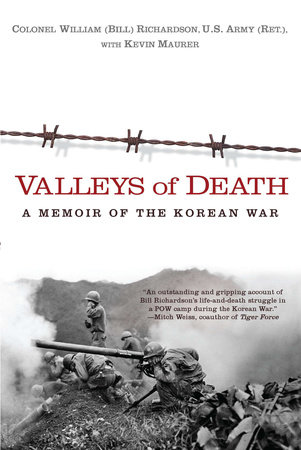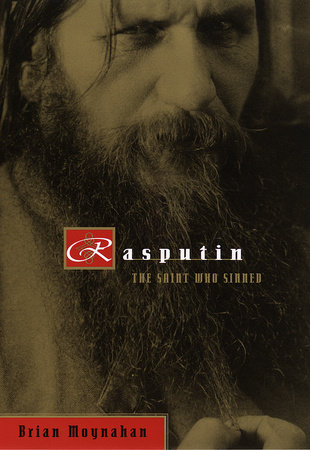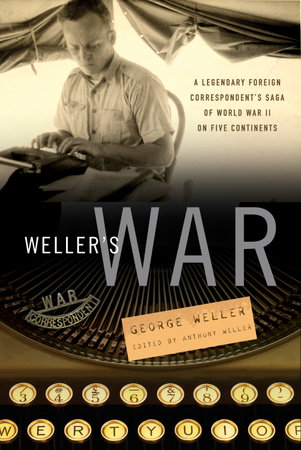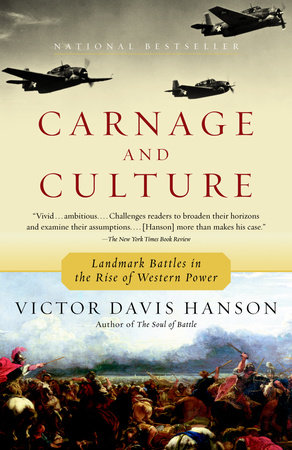A Conversation with KATHLEEN DALTON
author of THEODORE ROOSEVELT:
A Strenuous Life
Q: Your book is entitled THEODORE ROOSEVELT: A Strenuous Life. Please
explain the subtitle to your book.
A: The strenuous life has two meanings in my book. I put a strenuous life in the title because TR used that phrase to summarize his philosophy of life. In his most famous speech called "The Strenuous Life" he urged Americans to turn their backs on the soft, easy indoor life they had been leading and embrace the challenges of the twentieth century with a spirit of adventure and courage. He praised physical activity—sports, mountain climbing, exploring, and fighting if necessary–and strenuous endeavor of all kinds, including building an empire and making America a major moral force in the world. He criticized spectators and urged them to participate in sports rather than merely watch them. He also argued that you could lead a
strenuous life by working politically to make your country a better place or by writing a book or a poem or by being a caring mother who raised good kids. If there is anything I want my readers to gain from my book, it is encouragement for them to lead their own type of constructive strenuous life.
But the title also has a second meaning because TR followed his own advice and lived his own kind of rugged strenuous life. He threw himself completely into each new endeavor–wrestling, bronco busting, mountain climbing, chopping trees, or exploring a dangerous uncharted river. He also led a strenuous life of struggle by making a new man of himself again
and again: he resisted illness and built a stronger body, he proved himself a true man by holding his own among western ranch hands and cowboys, he made himself a writer and reformer, and he made himself a leader and a political prophet without losing his sense of ethics. This biography chronicles the drama and the difficulty of being Theodore Roosevelt.
Q: How do you think Roosevelt’s years in the West after the untimely death of
his first wife shaped him as a man and further as a politician?
A: When he went west in 1884 TR was still a callow patrician—only 26, had never done rough manual labor or rubbed shoulders with the average worker. In the Dakota territory he learned he could survive without his valet. And he learned about how hard most people worked to scrape together a living. He sat at the kitchen table and listened to farm wives and lived through
icy winters on the range with people who came from the same background as his servants back home. The experience made him different from other elite men of his time, and even though he went East to play polo and fox-hunt with other aristocrats his western experience gave him a deep affection for plain folks.
Q: Do you think Teddy Roosevelt would be as popular or as influential as a
politician today as he was in his time?
A: Candid, honest, and morally aroused politicians can win a following in any era, but his views from 1910 on would place him too far to the left to be elected president in today’s political climate. Republican and Democratic leaders have in recent years complained that government is not the solution but the problem. Enough voters agreed with them to usher in an era of public sector contraction, followed by tax cuts that in turn brought weaker public service—police cutbacks, teacher firings, and library closings. TR would be needed more than ever in this time of corporate corruption when we see corporate boards stealing money from stockholders by fraudulent accounting practices. The last quarter of the twentieth century has resembled the Gilded Age, 1865-1900, in corporate crime and in the political ascendancy of defenders of limited, ineffectual government. If the political pendulum after September 11th swings again toward using government to seek solutions to domestic problems (including, for example, severe environmental crises like melting polar icecaps caused by global warming) a TR might be a welcome leader again. If voters decide they want leaders who use government vigorously as a referee to stop corporate crime and make a level playing field by passing tax laws that do not favor the richest people, then America might want another Theodore Roosevelt.
Q: Can you talk briefly about the influence of Edith Carow, Roosevelt’s second wife?
A: On the surface, Edith and Theodore Roosevelt’s marriage was a loving, traditional arrangement in which the wife kept in the background with her needlepoint. But the real story of their marriage was full partnership. TR talked over most of his writings and political positions with Mrs. Roosevelt. Though she was shy in public, Edith had a strong sense of herself and her values. She was well-read and interested in politics. When TR flew into a rage or put on the political boxing gloves too hastily she calmed him down. She and his best friend Henry Cabot Lodge worked together behind the scenes to move TR’s political career along and to encourage him to behave less like a street-fighter and more like a statesman. Together they groomed him to be president.
Q: Theodore Roosevelt: A Strenuous Life is the only one volume biography to use all the recently discovered Roosevelt manuscripts. How did you come upon these manuscripts?
A: It took me many years to find everything! Some of the manuscripts were listed in catalogues, and it was just a matter of driving to places like upstate New York and North Carolina and staying there long enough to read them. When I would interview members of the Roosevelt family, sometimes they would run upstairs and bring down old letters or diaries they still had at home. When PBS did its TR documentary the family found Theodore Roosevelt Senior’s letterbook which the family generously gave to Harvard.
TR’s granddaughter Edith Derby Williams (the wonderful baby TR is hugging on the back cover of my book) and her sister found Edith’s diaries and letters in the 1980s and donated them to Harvard where I eagerly read them. Archivists also helped me dig up new letters in manuscript collections that other historians had ignored—one set of letters at the Massachusetts Historical Society described TR’s unruly behavior as a college student. I also looked at published Roosevelt letters and compared them with original manuscripts, only to find that many had been published in edited or expurgated form. Fortunately, my husband is also a historian so he was willing to spend our savings so I could take three years off from work to do archival work full-time and another two years of working part-time which helped me read
everything. In the history profession, we call people like me "archive rats," people who love to do research.
Q: How would you define the "Progressive Era" in our nation’s history?
A: Briefly, it was an era of reform at the turn of the last century. In the 1890s reformers began trying to improve public services and the quality of life in America’s major cities. Progressives came in different sizes and shapes—some supported direct election of Senators (state legislatures still elected them in those days), others advocated woman suffrage, others favored the minimum wage, some stood up for public ownership of water, sewer, and electrical power systems, others defended pure food and drug regulations. They did not constitute a tightly organized movement, but reform was certainly in fashion in TR’s later years. Progressives still matter today. If the hamburger you eat is not poisonous, thank a progressive. If you have good playgrounds in your city, progressives probably lobbied the city to build them. If you are a woman and can vote, thank the progressives for their hunger strikes and marches on your behalf. If you were a Boy Scout, Girl Scout, or Camp Fire Girl, you belonged to organizations made popular by progressives. If you have ever benefited from a minimum wage, thank Florence Kelley and Theodore Roosevelt for helping to spread the minimum wage movement to many states. Of course, the progressives weren’t perfect (many of them were fairly obsessed by the captive prostitution or white slave trade and by bad books and immoral
movies). Furthermore, their aims were larger than their accomplishments. It took the New Deal of the 1930s to make some progressive reforms national. Progressives wanted to fix everything, but they couldn’t get it all done before America’s involvement in World War I interrupted their work!!!
TR wrote in his Autobiography that a stronger federal government under his leadership had saved America from "a riot of uncontrolled and greedy individualism" of big business dominance and cruel treatment of workers. But it is more accurate to say that, working together, progressive reformers set new rules for acceptable business practices and reformed many
of the worst injustices of the previous Gilded Age. TR was perhaps the most important of the progressive reformers; certainly he is today the most beloved.
Q: Tell us how you first became interested in researching TR. What inspired you to write a biography of TR?
A: My grandfathers were on opposite sides in World War I—one was a radical who opposed America entering the war and the other was a super patriot who could not wait for America to fight against what he called "the Huns" (so like many other Americans he enlisted in the Canadian army and was gassed in France). As a small child I attended World War I reunions with my super patriot grandfather, and ever since that time I have always been especially interested in the time period when America became modern, 1865-1920. I like the music, the art, the architecture, the personalities, and most of all the history of this era. So when it came time to write a Ph. D. dissertation I chose the most misunderstood and important character
I could find–Theodore Roosevelt. TR is so interesting by himself, and he has helped me explore and reinterpret the early years of the twentieth century.
Q: What lessons can we take from TR?
A: Of course, he is first and foremost an inspirational figure for many people who struggle to live an active, purposeful life. Asthma patients are often told stories about TR’s brave struggles to breathe, and people who have fought against any serious illness, as I did once, find his example gives them courage.
He also overcame his privileged birth and learned to understand the experiences of people outside his own elite class. Like his beloved niece Eleanor Roosevelt he believed that all human beings deserved respect and a chance to lead a decent life.
Although Jimmy Carter may be a more vivid example, TR shows us that ex-presidents can still weigh in as loud and influential political voices and as public servants long after they have left the White House. TR as ex-president helped win women the vote; as ex-president he still argued against child labor and for unemployment insurance, a minimum wage, health insurance, public housing, and pensions. He did not stop fighting for what he believed in even when he was near death.
Theodore Roosevelt’s nationalism was not simple patriotic flag-waving; nor was he a "my country right or wrong" patriot. He believed that love of country and patriotic pride should be tied to a sense of obligation to help other Americans and to a civic responsibility to see that life was livable for all the people in the nation. In other words, his nationalism was
founded upon his sense of social justice and fairness. He was a great patriot and encouraged people to think hard about what Americanism meant.
In foreign policy we need to remember that his motto was not "Shoot first and ask questions later" but it was "Speak softly and carry a big stick"—be prepared but do get into unnecessary fights.
Presidential leadership from TR helped progressives face daunting changes much like the ones we face today. In the late nineteenth century Americans adjusted uneasily to new technology—telegraph and railroads—which created national markets and turned their local communities upside down. Then waves of immigration crowded the cities and a naval arms race threatened a world war. We face globalization, technological innovation which makes nations
and their peoples newly interdependent, economic disruption, and terrorism. TR’s generation coped and so can we.
Q: What would TR say about terrorism?
A: TR would be outraged by the attacks of September 11th, and would see them as an uncivilized assault on innocent civilians. His response would probably be forceful, both diplomatically and militarily. He was the president who tried hard to upgrade military intelligence and strategic planning. He was good at cutting through red tape and had no patience for
the kind of FBI, immigration, and security fumbling that allowed so many terrorists inside the country for flight training. During World War I he was especially concerned about America’s false sense of invulnerability because of being protected by two oceans: he even said it might wake Americans up to have a coastal city bombarded. He helped sponsor a film, "The Battle Cry of Peace," warning Americans that their east coast could be attacked–in his day by the Kaiser’s army and navy.
Terrorism in his age was most often directed against the British Empire in Egypt, and he deplored it. TR was an imperialist who believed that more civilized western people were obliged to dominate less industrially advanced nations. He spoke out against the murder of a colonial governor by nationalist elements in Egypt, and he warned that anti-colonial militants would only bring "murderous chaos upon the land." Roosevelt was quite blind to the aspirations of the third world to throw off the dominance of the imperialist nations, nor was he ever able to understand why peaceful nationalists might make better leaders for their
own countries than colonial governors.
Q: What advice would TR give President Bush as he puzzles over what to do
about Iraq?
A: The Saddam Hussein of his time—Kaiser Wilhelm II—struck TR as a dangerous man to be handled carefully. He flattered, cajoled, and even fooled the Kaiser early in the century, letting him think he had been the pivotal figure in making peace in the Russo-Japanese War. Diplomatically TR as president worked hard to prevent war, but he also frightened the Kaiser by building up America’s army and navy and by sending the Great White Fleet around the world. TR’s military planning did not work to calm down the growing arms race in the years before World War I, but his efforts to resolve problems diplomatically were temporarily helpful in keeping the peace.
TR’s motto "Speak softly and carry a big stick" meant that the president should avoid war by using diplomatic finesse whenever possible but as a last resort have the nation ready to fight and win. His diplomatic record shows he was sometimes capable of being multilateral and
cooperative with other nations, but he did not have the benefit of structured United Nations dialogues to help him. He advocated a league of nations in 1910 and favored nations working together to isolate and if needed punish what he called the burglars and criminals of the world’s household.
Q: What does TR have to teach us about corporate crime and the role the government can play in cleaning up business ethics?
A: TR lived in a time when many political figures were outright critics of all corporations—the Populist Party demonized railroads and distrusted eastern business magnates as a group. Anti-corporate politicians William Jennings Bryan and Robert M. LaFollette railed against the trusts all the time, and Woodrow Wilson promised to return business conditions to the
competitive days before big business existed. Newspapers and magazines were filled with
sensational stories about railroad misdeeds, sinister holding companies,senators bought by railroads to do their bidding, and the evil Ice Trust and Beef Trust. Some congressmen were so anti-big business that they proposed in 1906 to deny mailing privileges to all corporations.
TR’s contribution was to accept the reality of large scale business as part of modern industrial life and to begin the process of defining acceptable business ethics. His trust-busting and regulation had the moral power of the federal government and the will of the people behind it.
Anti-competitive practices such as bribery, arson, spying, and sabotage were prosecuted and so were monopolistic behaviors that strangled the market and left the consumer vulnerable to price gouging and poor service. He made it appealing and heroic to work for the federal government and attracted able people to work for him. He had only partial success because
regulation and trust-busting were discontinued later, and they were only partial solutions to the problems created by the rise of big business. TR tried to make the government work as the agent for the American people, not just for millionaires. TR teaches us that the government can set moral boundaries for big business behavior–if it has the will to do so.
FOR BOOKING INFORMATION, contact
Sheila O’Shea, Publicist
212-572-2151 <soshea@randomhouse.com>
